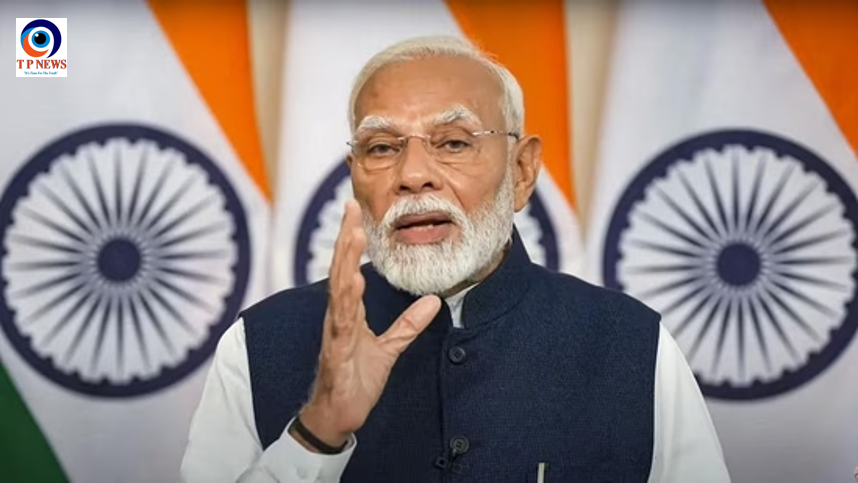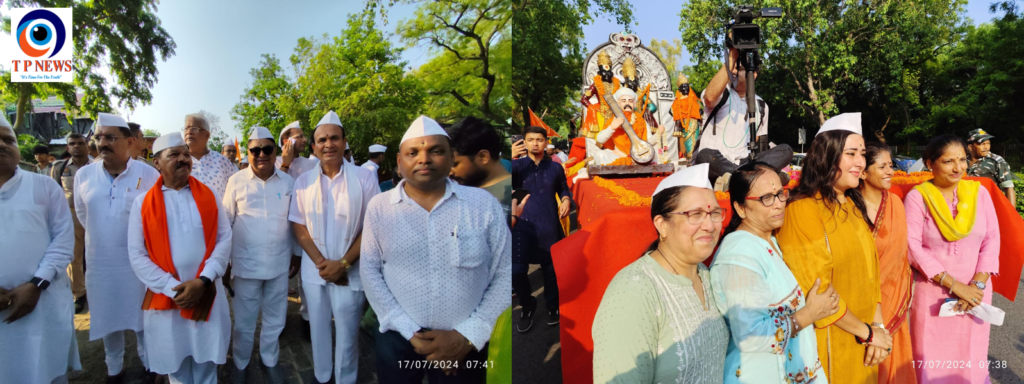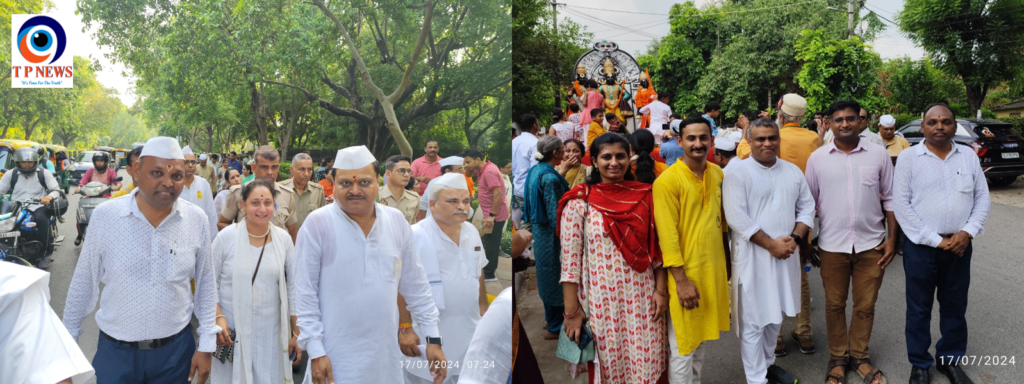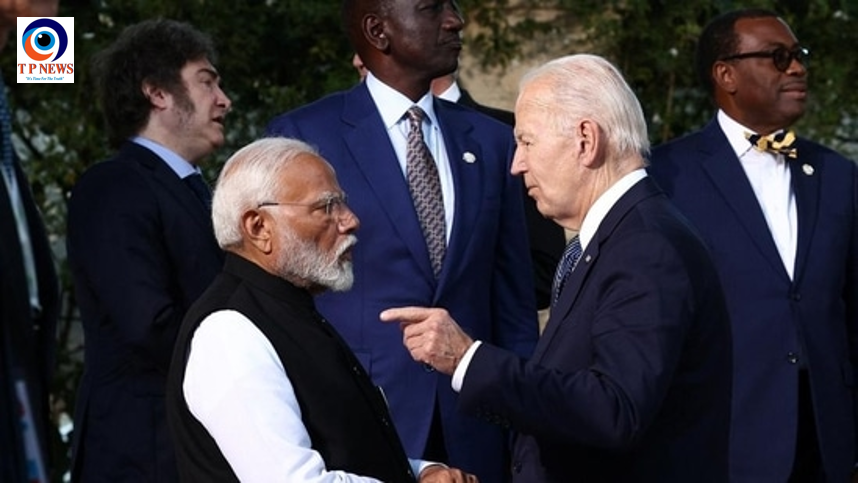Prime Minister Narendra Modi is set to initiate the construction of the Shinku La tunnel in Ladakh, marking a significant step towards enhancing all-weather connectivity from Manali in Himachal Pradesh to Leh via the Nimmu-Padam-Darcha axis. This event, referred to as the “first blast,” will be conducted remotely from the Kargil war memorial in Dras on Friday, where Modi will also pay tribute to Indian soldiers on the 25th anniversary of the Kargil War.
The Shinku La tunnel, situated at an altitude of 15,800 feet, will surpass China’s Mila tunnel (15,590 feet) to become the highest tunnel in the world. Expected to be completed in four years, this 4.1 km-long tunnel will significantly enhance military mobility and logistics support for deployed forces in the Ladakh sector by providing a reliable alternative route. Once operational, the tunnel will reduce the distance between Manali and Leh by 60 km, bringing it down from 355 to 295 km.
The Nimmu-Padam-Darcha road, which will integrate with the tunnel, is already nearing completion, having achieved connectivity between Nimmu and Darcha in March 2024. This road is being blacktopped, and its strategic importance cannot be overstated. It provides a shorter and more reliable route compared to the traditional Manali-Leh and Srinagar-Leh routes, crossing only one high pass at 16,615 feet.
The timing of this development is crucial as the military standoff between India and China in eastern Ladakh continues into its fifth year, with ongoing negotiations aiming to restore the status quo ante of April 2020.
The Border Roads Organisation (BRO), which is spearheading the construction, has significantly improved strategic mobility along the border with China. Over the past three years, BRO has completed 330 projects worth ₹8,737 crore. Additionally, BRO is on the verge of completing a critical project to provide alternative connectivity to Daulat Beg Oldi (DBO), India’s northernmost military base near the Line of Actual Control (LAC).
The new 130-km road from Sasoma in the Nubra Valley to DBO near the Karakoram Pass is nearing completion. This route will serve as an alternative to the existing 255-km Darbuk-Shyok-Daulat Beg Oldi (DS-DBO) road, which runs close to the LAC. The strategic push for improved border infrastructure has been bolstered by increased spending and the adoption of advanced technologies and techniques.
In line with this infrastructure push, the BRO has been allocated a capital outlay of ₹6,500 crore in the defence budget for 2024-25, marking a 30% increase from the previous fiscal year and a 160% increase from FY 2021-22. This substantial investment underscores the government’s commitment to enhancing India’s strategic capabilities and ensuring robust support for military operations in the region.















